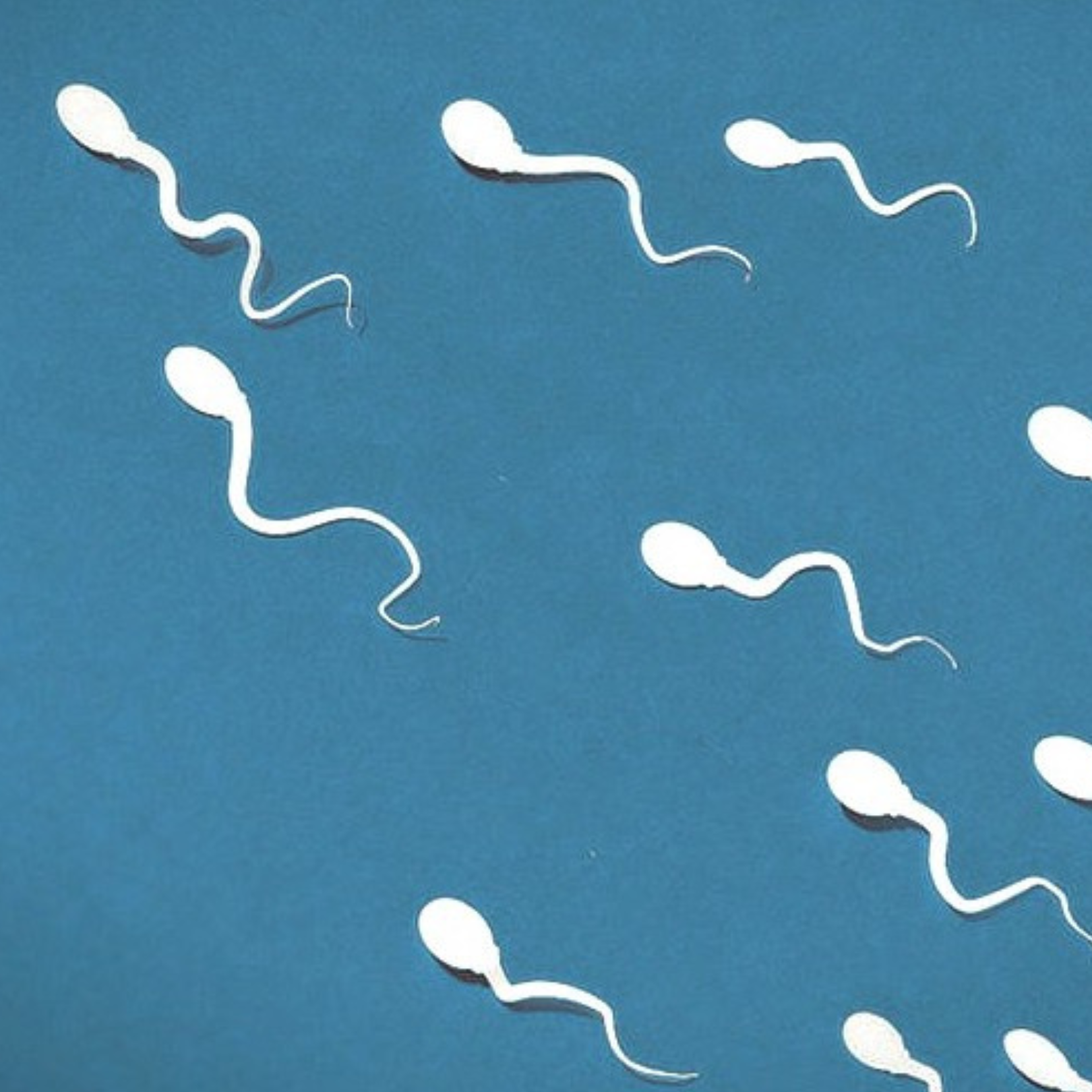You’ve probably heard the claim that male fertility stays top-notch forever. A handful of prolific male celebrities might have something to do with that…
It’s time to set the record straight.
The graph below does look a little different for men compared to women and birthing parents, but let’s face it, male fertility declines with age too. Read on for the lowdown.

The Magic Number
Why Does Male Fertility Go Down With Age?
- The movement (motility) of the sperm men produce changes. (Basically, the sperm find it harder to face the challenge of swimming to the egg.)
- Semen volume and sperm count decrease above the age of 50.
- Similar to eggs, damage to sperm DNA increases with age. This may be associated with miscarriage or a lower success rate for fertility treatments.
Can You Improve Your Swimmers?
Yes, to an extent. Ovaries contain all the eggs they’ll ever have from day one, but testicles make several million new sperm every day. This means it’s easy-ish to make big improvements in just 90 days through lifestyle changes such as avoiding nicotine and reducing alcohol.
For Fans of Home Testing
You can buy kits to check your sperm health. Not all of them test for quality as well as quantity, so be sure to do your research. And try not to over-obsess.
If you or your partner are curious about your sperm health, ExSeed offers a convenient clinical-grade test. The 15-minute test is equivalent in accuracy to a clinical test and gives you tools to improve your chances of conceiving.



Share:
Let's talk about sex...ual health
Make boundaries your superpower